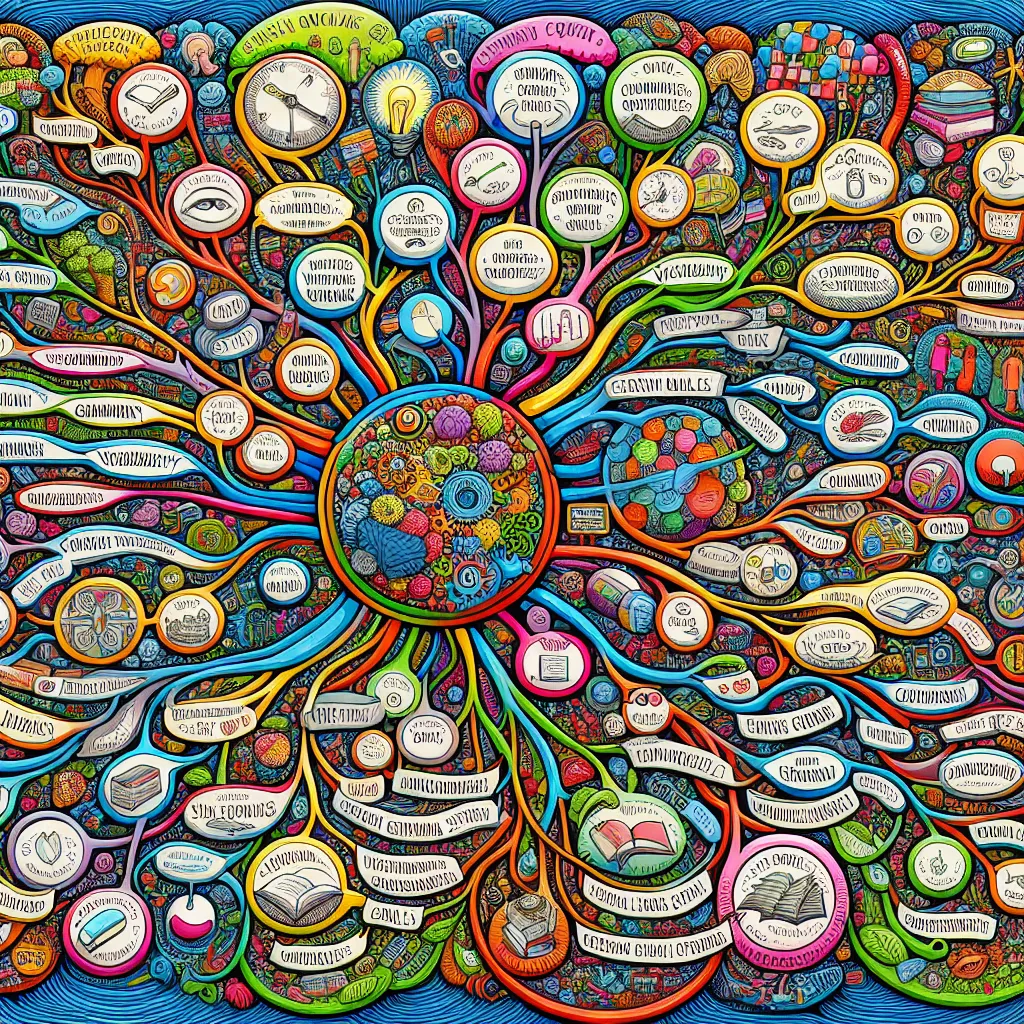Are you looking for an engaging way to improve your English skills? Creative writing prompts can be an excellent tool to enhance your language proficiency while unleashing your imagination. This article will explore effective Tips For Mastering English Through Creative Writing Prompts, helping you develop your vocabulary, grammar, and overall language fluency.
Why Use Creative Writing Prompts to Learn English?
Creative writing prompts are short, open-ended statements or questions designed to inspire writers and spark their creativity. For English language learners, these prompts offer numerous benefits:
- Vocabulary expansion
- Grammar practice
- Improved fluency
- Enhanced creativity
- Cultural understanding
By regularly engaging with creative writing prompts, you can significantly boost your English language skills in a fun and enjoyable way.
 Creative Writing Prompts for English Learning
Creative Writing Prompts for English Learning
Effective Tips for Using Creative Writing Prompts
1. Start with Simple Prompts
If you’re new to creative writing or still developing your English skills, begin with straightforward prompts. For example:
- Describe your favorite place
- Write about a memorable childhood experience
- Imagine you woke up with a superpower
These prompts allow you to focus on basic vocabulary and sentence structures while still engaging your creativity.
2. Set a Timer
To challenge yourself and improve your writing speed, set a timer for each prompt. Start with 10-15 minutes and gradually increase the duration as you become more comfortable. This practice helps you think and write more efficiently in English.
3. Use a Variety of Prompts
Explore different types of prompts to broaden your language skills:
- Descriptive prompts: Focus on sensory details and adjectives
- Narrative prompts: Practice storytelling and plot development
- Dialogue prompts: Improve conversation skills and punctuation
- Opinion prompts: Express and support your ideas in English
By diversifying your prompts, you’ll encounter a wider range of vocabulary and grammatical structures.
4. Incorporate New Vocabulary
Before starting each writing session, choose 3-5 new English words you’d like to learn. Challenge yourself to use these words in your response to the prompt. This technique helps you actively expand your vocabulary in context.
5. Read and Analyze Sample Responses
After completing your own writing, read sample responses to the same prompt from native English speakers or advanced learners. Analyze their word choices, sentence structures, and literary techniques. This practice can inspire you and help you identify areas for improvement in your own writing.
6. Join a Writing Community
Participate in online writing groups or forums where you can share your prompt responses and receive feedback from other English learners or native speakers. This interaction provides valuable insights and motivation to continue improving your skills.
For more ideas on improving your English through writing, check out our article on tips for learning English by writing short stories.
7. Revise and Edit Your Work
After writing your initial response to a prompt, take time to revise and edit your work. Focus on:
- Correcting grammar and spelling errors
- Improving sentence structure and flow
- Enhancing word choice and variety
This process helps reinforce proper English usage and develops your editing skills.
8. Experiment with Different Genres
Challenge yourself by exploring various genres in your creative writing:
- Fantasy
- Science fiction
- Mystery
- Romance
- Historical fiction
Each genre introduces unique vocabulary and writing styles, further enhancing your English language skills.
 Various Writing Genres
Various Writing Genres
9. Use Writing Prompts as Speaking Practice
Once you’ve written your response to a prompt, practice speaking it aloud. This exercise helps improve your pronunciation, intonation, and overall speaking fluency. You can even record yourself and listen back to identify areas for improvement.
10. Create a Writing Routine
Consistency is key when learning a language. Establish a regular writing routine using prompts. For example, commit to writing for 20 minutes every day or responding to three prompts each week. This habit will lead to steady improvement in your English skills over time.
Common Mistakes to Avoid
When using creative writing prompts to improve your English, be aware of these common pitfalls:
-
Overusing a dictionary: While it’s good to learn new words, don’t rely too heavily on a dictionary. Try to understand words from context first.
-
Ignoring grammar: Creative writing doesn’t mean disregarding grammar rules. Pay attention to proper sentence structure and tenses.
-
Focusing only on quantity: While writing more can be beneficial, don’t sacrifice quality. Take time to craft thoughtful responses.
-
Avoiding challenging prompts: It’s comfortable to stick with familiar topics, but pushing yourself with more difficult prompts will accelerate your learning.
-
Neglecting to read in English: Reading is crucial for improving your writing. Make sure to balance your writing practice with regular reading in English.
Next Steps
Now that you have these tips for mastering English through creative writing prompts, it’s time to put them into practice. Here are some suggested next steps:
- Find a reliable source of creative writing prompts online or in books.
- Set up a dedicated notebook or digital document for your prompt responses.
- Create a writing schedule that fits your daily routine.
- Join an online writing community for English learners.
- Start with 10-minute writing sessions and gradually increase the duration.
Remember, the key to improving your English through creative writing prompts is consistency and persistence. With regular practice, you’ll soon notice significant improvements in your vocabulary, grammar, and overall language fluency.
By incorporating these tips into your English learning journey, you’ll not only enhance your language skills but also develop a lifelong love for creative expression in English. Happy writing!




